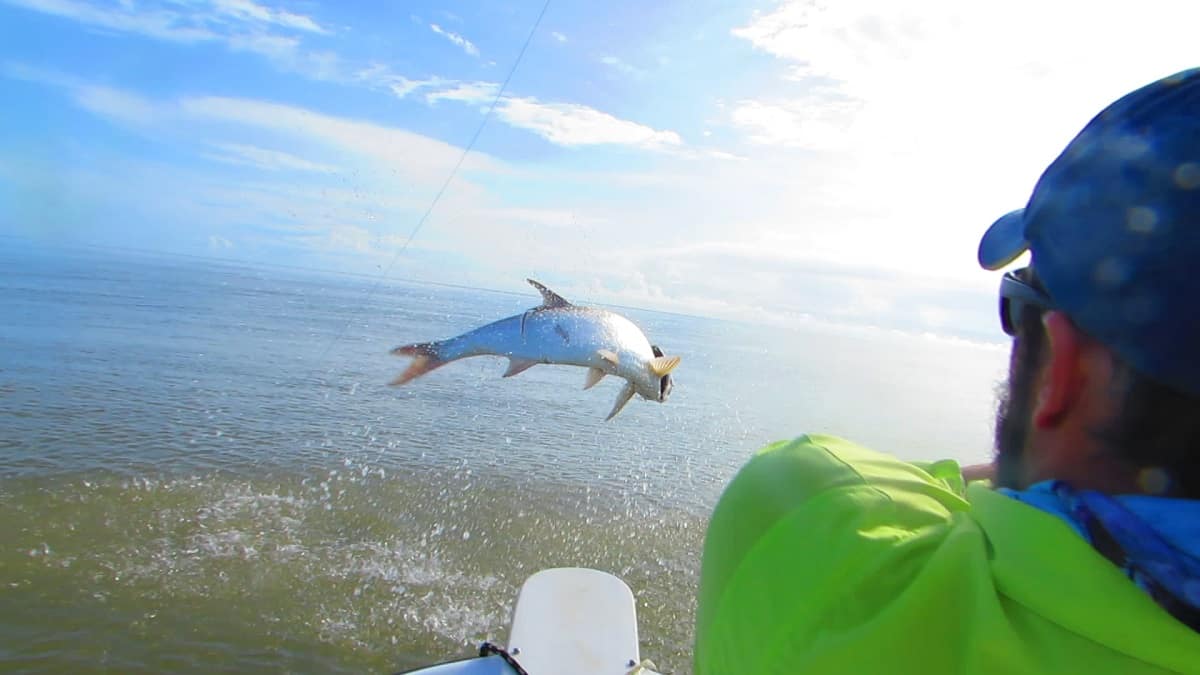The Costa Rican Federation of Tourist Fishing (FECOP) and the Bonefish and Tarpon Trust (BTT) are leading efforts to promote tarpon conservation in the northern Caribbean of Costa Rica. During a working tour, informative talks and enriching exchanges of knowledge took place with local tourist fishermen to address the critical conservation needs of the region.
FECOP responded to a request from a Costa Rican Caribbean community concerned about changes in their local ecosystem. The community welcomed this international collaboration, which has the potential to benefit the region’s coastal ecosystems and tourism economies, according to global experts in tarpon conservation.
The community of Barra del Colorado has been a pioneer in tarpon conservation. The Barra del Colorado Sur Eco-Tourism Association communicated its concern to FECOP about the decline in tarpon populations observed by tourist fishing guides. This decline not only affects the local ecosystems but also threatens the economic survival of families in an area that relies primarily on sustainable fishing and ecotourism.
The Bonefish and Tarpon Trust has more than 25 years of experience working with communities in the USA, Mexico, Cuba, and the Bahamas, where it combines several elements in its approach: assessing existing knowledge about the species and the ecosystem, identifying threats, and prioritizing research needs. Once research is designed and conducted, the results are used to formulate educational campaigns and propose specific conservation or management actions to protect marine life and ensure the future of sustainable fishing.
The visit to Barra del Colorado helped BTT and FECOP identify which components of their conservation strategy will be of greatest importance to the community, paving the way for future collaborations to address marine conservation challenges.
Damian Martinez, FECOP’s conservation director, commented, “In addition to the Barra del Colorado Sur Eco-Tourism Association, the meetings and local activities reached potential allies in the process, including the Tortuguero Conservation Area, Incopesca, captains, local tourist fishing guides, and private companies such as Tarpon Land Lodge, Kawe Lodge, Flyfishing Costa Rica, National Fishing Club, Amateur Fishing Club, and Tarpon Expeditions.”
“We are extremely impressed with the team we have worked with and the relationships that have developed in such a short time,” commented Dr. Aaron Adams, BTT’s Director of Science and Conservation. “Many times, it takes up to 10 years to achieve this type of relationship.”
Adams noted that BTT receives more requests than they can handle from fishing communities across the region, and that the high level of organization in Costa Rica, along with the country’s global reputation for marine conservation achievements, positions Costa Rica as a potential hub for facilitating regional collaborations.






